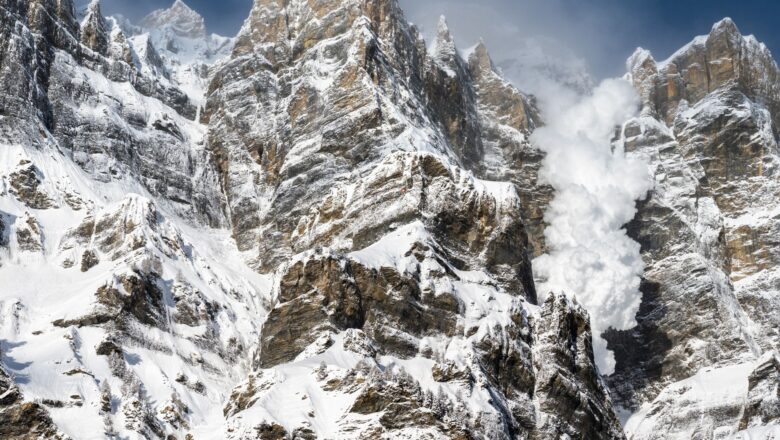
Avalanche Strikes Sonamarg, No Casualties Reported
An avalanche hit Jammu and Kashmir’s Sonamarg tourist resort on Wednesday, officials confirmed. The incident occurred in Sarbal village, the last inhabited area in the Kashmir Valley. While no casualties or damage have been reported, the avalanche triggered panic among residents.
Authorities are closely monitoring the situation, and precautionary measures are being taken to ensure the safety of locals and tourists.
From News Desk

